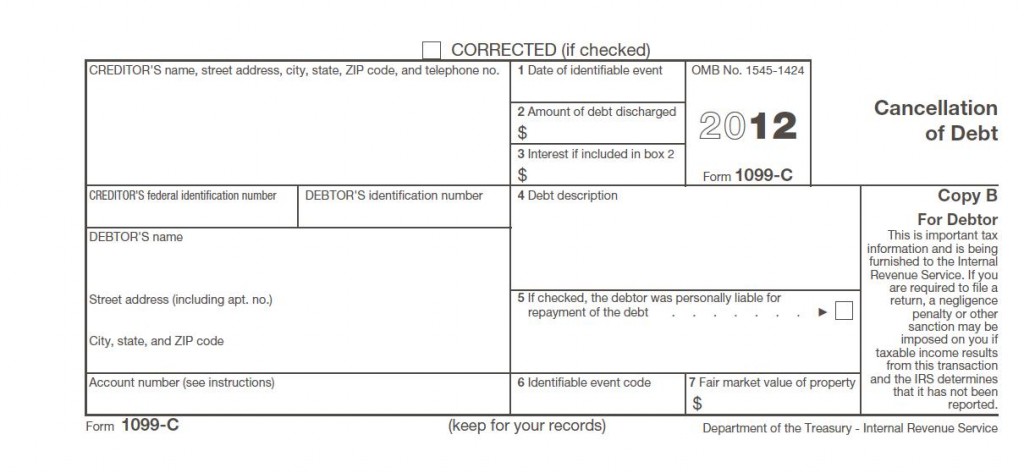
Photo by Werner Kunz at Flickr.com
This post is about your gambling and how it affects your income tax return.
Here in Missouri, we’ve got casinos so I get to see a fair number of W-2Gs; that’s the form you get when you win at a gambling event. Not everybody receives a W-2G for their winnings; you need to win over a certain amount before one is issued. The limits go like this:
- $1,200 or more for winnings from bingo or slot machines
- $1,500 or more from keno (proceeds minus the amount of the wager)
- Over $5,000 in winnings from a poker tournament
- $600 or more in winnings (except for what I’ve already mentioned) and the payout is at least 300 times the amount of the wager; or
- Any other gambling winnings subject to federal income tax withholding
When you get your W-2G, you report your gambling winnings on the other income line of your 1040 tax return. (Line 21)
If you have gambling losses, you may claim a deduction for your losses up to the amount of your winnings on your Schedule A itemized deductions page. (Line 28)
That’s all pretty easy, but there’s some picky stuff you’re going to want to know. First, you need to keep records of your losses if you want to deduct them. Now many casinos track that for you, but for the IRS you really should keep a log. If your gambling is more in the form of horse racing or lottery tickets, keeping cancelled tickets supports your loss claim.
Also, although you can deduct your losses up to the amount of your winnings on your Schedule A—if you don’t already itemize, this might not help you much or even not at all. For example: let’s say you’re single and win $5,000 at a slot machine. You don’t already itemize. Your standard deduction is $5,800—in this case, you might not get any value from itemizing your gambling deduction. This deduction is much more valuable for people who already have other things to write off like mortgage interest.
Another issue for gamblers, even if you can deduct all of your gambling winnings on the Schedule A, is that the gambling income will increase your “Adjusted Gross Income” (AGI). Now before I lose you with tax jargon, let me explain why that’s important. The AGI number is figured before you subtract the Schedule A deductions. The AGI number is used to figure a lot of other tax deductions and credits.
If you normally have a low AGI and you qualify for things like the Earned Income Tax Credit or the Child Tax Credit, and you win big at gambling, even though you can deduct all of those winnings, the gambling makes your AGI number bigger. A big AGI can make your tax credits smaller or even eliminate them completely. I’ve seen families lose their entire EIC refund because they have gambling winnings that they had to report.
On the flip side, let’s say you’re a high income earner and you’ve got a big gambling win. When your AGI goes up and it can trigger the Alternative Minimum Tax. Once again, even though you’ve written off your gambling winnings completely, you can still get socked with more tax. I’ve had that happen to clients as well.
Now you might be thinking—well gee, I just won’t report my gambling winnings at all. Sorry, but that’s not an option. W-2Gs are reported to the IRS. If you don’t report your gambling winnings, you will get a letter.
I didn’t mean to sound like a complete party pooper. Let’s face it, if you win big that’s pretty cool! But if you do win big, it makes sense to do a little tax planning. You want to enjoy the fact that you won and not have to suffer for it months later.
Editor: And remember, what happens in Vegas, stays in Vegas!









